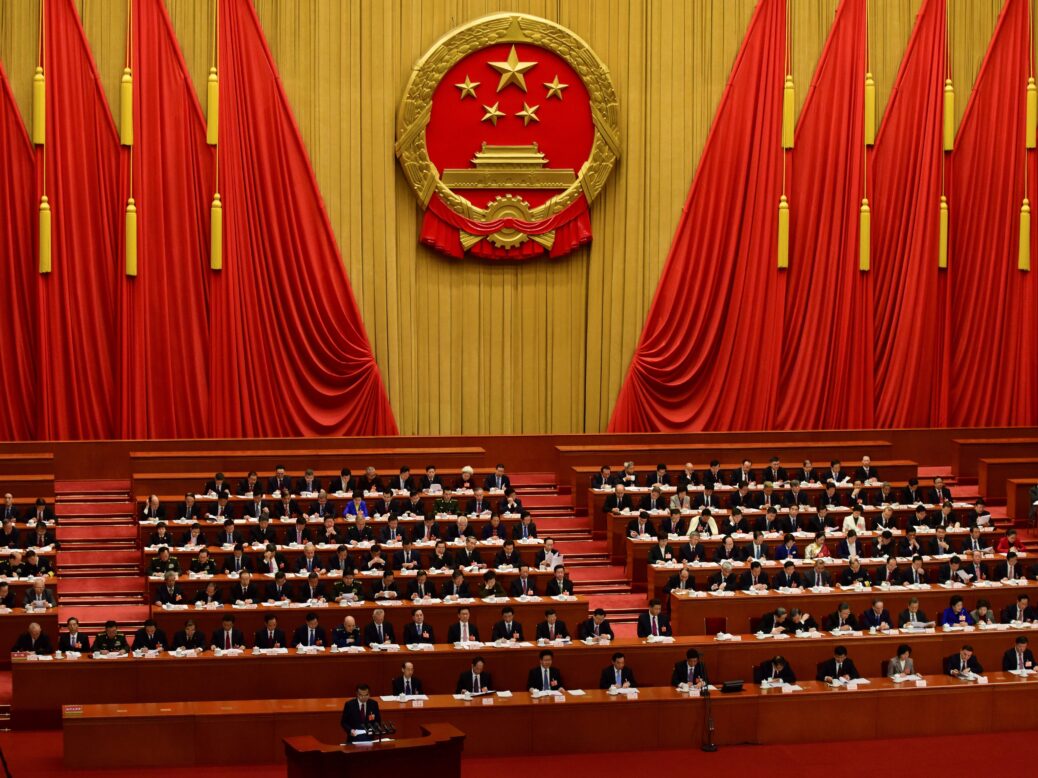
Despite the global recession triggered by the Covid-19 pandemic, China has managed to largely avoid the economic fallout. It reported a rise in GDP of 7.9 per cent for the second quarter of 2021 compared to the same period the year before – much higher than most developed nations.
With annual growth rates averaging 10 per cent over the past 30 years, China has become the world’s fastest-growing major economy and the second largest economy overall behind the US.



